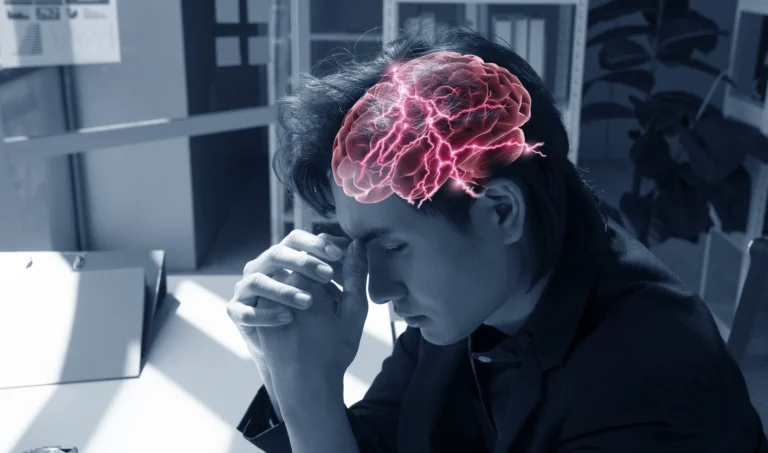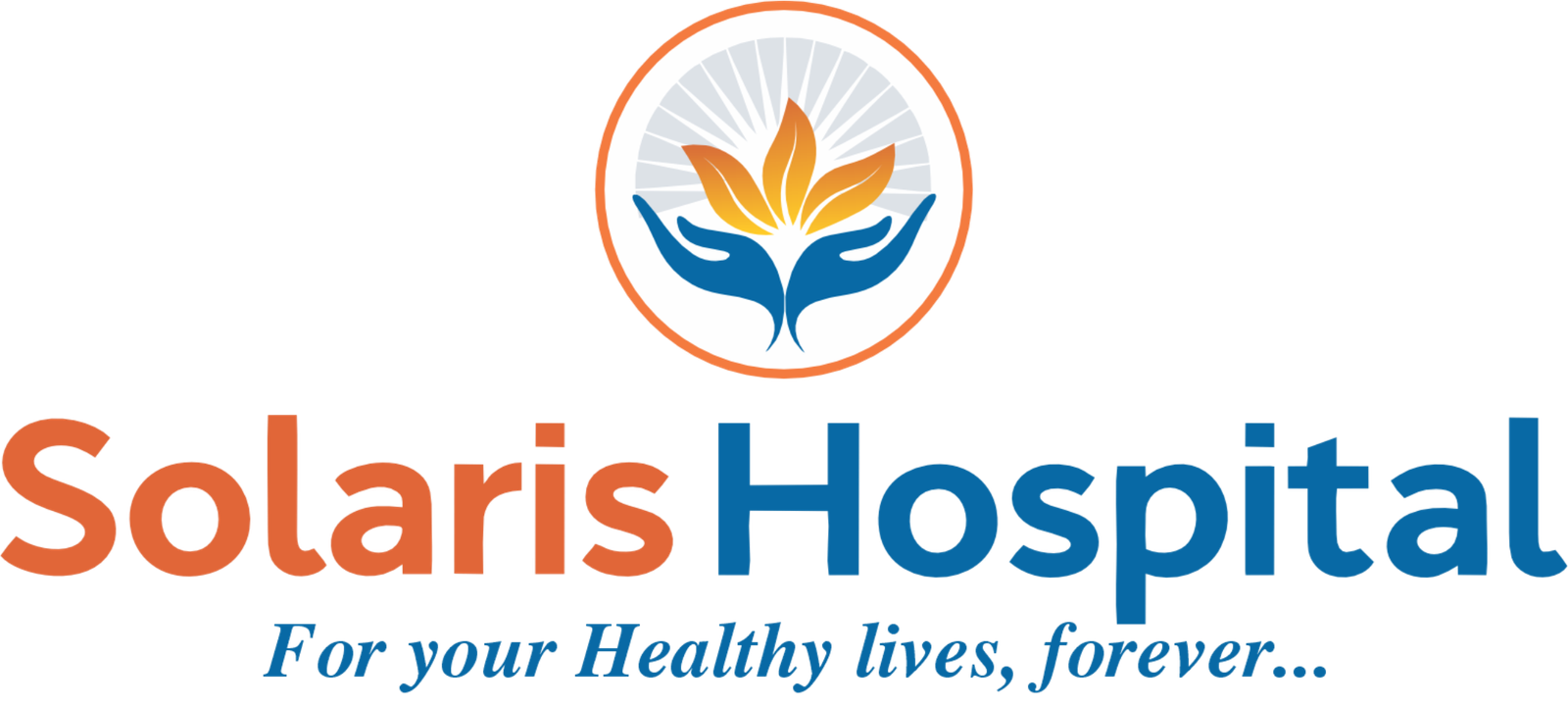The nervous system is one of the most vital yet complex systems in the human body. It controls everything from muscle movement and sensory responses to memory and cognition. When something goes wrong within this system, it can result in a neurological disorder. Understanding the early symptoms of neurological disorders is critical for timely diagnosis and effective treatment. This guide explores early warning signs in both adults and children, helping you take action before symptoms worsen.
Neurological disorders refer to diseases of the central and peripheral nervous systems. These include the brain, spinal cord, cranial nerves, peripheral nerves, nerve roots, autonomic nervous system, neuromuscular junction, and muscles. They can be congenital (present from birth), acquired due to injury or illness, or degenerative
The most common neurological disorders include:
• Alzheimer’s disease and other dementias
• Parkinson’s disease
• Epilepsy
• Multiple sclerosis (MS)
• Stroke
• Migraine
• Neuropathy
• Cerebral palsy

Adults may overlook early signs of neurological diseases, mistaking them for stress, ageing, or minor health concerns. But in reality, early detection can prevent progression and irreversible damage.
1. Persistent Headaches or Migraines
While headaches are common, recurring or progressively worsening headaches can indicate an underlying neurological issue such as a tumour, infection, or even an aneurysm.
2. Memory Loss or Cognitive Decline
Frequent forgetfulness, difficulty concentrating, or confusion—especially when it interferes with daily life—could be early signs of dementia or Alzheimer’s.
3. Muscle Weakness or Tremors
Weakness, especially if localised to one side, or tremors in the hands, may indicate neurological disorders such as Parkinson’s or a stroke.
4. Vision Changes
Sudden changes in vision, such as blurred or double vision, may be neurological in origin, pointing toward issues like MS or optic neuritis.
5. Loss of Coordination or Balance
Frequent falls, unsteadiness, or clumsiness might be early warning signs of cerebellar disorders, MS, or even brain tumours.
Understanding these neurological disorders in adults can be the first step toward getting appropriate medical care. If you experience any of the above symptoms consistently, consult a neurologist without delay.
In children, especially infants, early signs of neurological issues can be subtle and often go unnoticed by caregivers. However, developmental milestones are a crucial measure of neurological health.
1. Delayed Milestones
Not smiling, sitting, crawling, or walking by expected ages may indicate a developmental delay due to an underlying neurological problem.
2. Abnormal Muscle Tone
Too floppy or stiff muscles in a baby could point to cerebral palsy or other neuromuscular disorders.
3. Seizures
Even a single unexplained seizure in an infant or child should be investigated as a potential neurological issue.
4. Poor Feeding or Sucking Reflex
Inability to suck, swallow properly, or gain weight might be linked to issues in the brainstem or peripheral nerves.
5. Excessive Irritability or Inconsolable Crying
While not specific, this can be an early sign of increased intracranial pressure or other neurological dysfunctions.
Detecting early signs of neurological issues in babies is crucial, as early therapy or intervention can significantly improve long-term outcomes.
Recognising the early symptoms of neurological disorders allows for timely medical intervention, potentially halting or slowing disease progression. This is especially critical for degenerative diseases like Parkinson’s or Alzheimer’s, where early treatment can significantly preserve quality of life.
Neurologists use a combination of:
• Detailed medical history and physical exams
• Neurological exams assessing reflexes, coordination, and sensory function
• Imaging tests such as MRI, CT scans
• EEG for brain activity
• Lumbar puncture to examine cerebrospinal fluid
• Genetic testing for inherited conditions
Diagnosis is a comprehensive process and may require multiple tests to confirm or rule out various disorders.
Treatment depends on the specific condition, but generally includes:
• Medications: Anti-seizure drugs, dopamine agonists, anticholinergics, or disease-modifying therapies.
• Surgery: Deep brain stimulation for Parkinson’s, tumour removal, or aneurysm clipping.
• Physical therapy and rehabilitation: Essential for conditions involving mobility or speech.
• Lifestyle modifications: Diet, sleep, and stress management play a key role in neurological health.
Emerging research in neurology continues to explore gene therapy, stem cells, and neuroprotective drugs to combat these conditions more effectively.
A neurologist is a medical specialist who diagnoses and treats disorders affecting the brain, spinal cord, and nervous system. Their expertise covers a wide range of conditions such as epilepsy, stroke, migraines, Parkinson’s disease, multiple sclerosis, and developmental or cognitive issues in children. Neurologists use a combination of clinical evaluation, imaging studies (like MRI or CT scans), and neurological tests to identify the root cause of symptoms like seizures, memory loss, muscle weakness, or numbness. They create tailored treatment plans which may include medications, lifestyle changes, therapies, or referrals to other specialists when needed. Their goal is to manage symptoms effectively and improve the patient’s quality of life.
Service Road, Ghodbunder Rd, next to AP Shah Institute of Technology, Kasarvadavali, Thane West, Maharashtra 400615
Pioneering Excellence in Neurology and Neurosurgery with Cutting-Edge Technology and Compassionate Care. Solaris Hospital is your one-stop destination for comprehensive with wide range of multi-specialty services.
Service Road, Ghodbunder Rd,
next to AP Shah Institute of
Technology, Kasarvadavali,
Thane (West),
Maharashtra. 400615
Phone:+91 22 4004 4001 / 4004 4003 / 8655696500
E-mail:contact@solarishospitals.com
